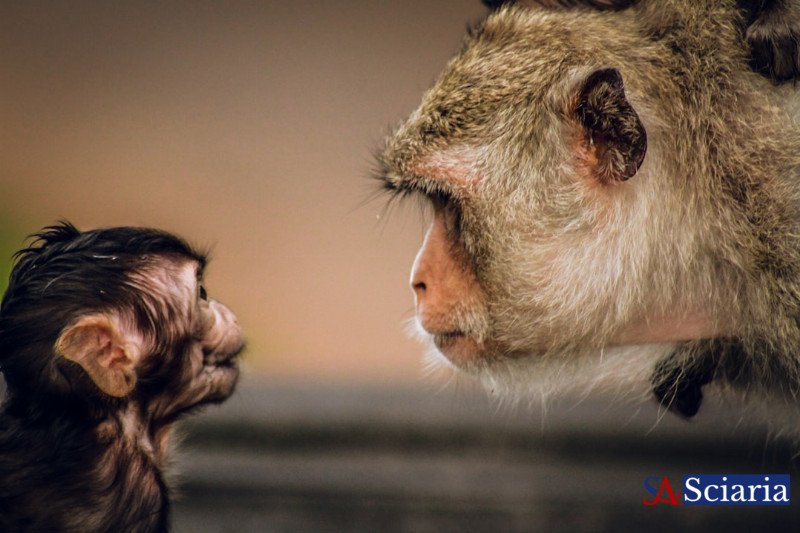The Ageless Enigma: What Biologically Immortal Animals Teach Us About Life, Death, and Ethics
- Sciaria
- Zoology
- Oct 17, 2025
- 0 Comments

For millennia, humanity has dreamt of eternal life, a boundless existence free from the shackles of time and decay. Yet, while our scientific quests for anti-aging solutions continue, a select few inhabitants of our planet have already cracked the code – not through mythical potions, but through astonishing biological adaptations. These 'ageless animals' present not only incredible feats of evolution but also profound ethical questions about what true immortality would mean, both for a species and for the very fabric of life.
Consider the immortal jellyfish (Turritopsis dohrnii), a creature capable of reverting its adult cells back to their juvenile polyp stage, effectively restarting its life cycle. Or the freshwater hydra, tiny polyps exhibiting remarkable regenerative capabilities, showing no signs of senescence. Even larger, more complex beings like the Greenland shark boast lifespans exceeding 500 years, slowly cruising the frigid depths while generations of humans rise and fall. These creatures challenge our fundamental understanding of aging as an inevitable process, pushing the boundaries of what's biologically possible.
But their existence raises a crucial ethical mirror to our own aspirations. If humans achieved biological immortality, what would be the implications? Overpopulation, resource depletion, the stagnation of cultural and evolutionary progress, and a fundamental shift in our perception of purpose and legacy would become immediate concerns. Do these animals, free from the dictates of aging, live a 'better' or more 'meaningful' life? Or does the finite nature of our existence, the urgency of limited time, give greater value to our experiences and drive our innovation?
What these ageless wonders truly teach us isn't necessarily how to live forever, but how to re-evaluate life itself. They highlight the incredible plasticity of biology and the diverse strategies evolution employs. Perhaps the lesson isn't in eliminating death, but in understanding and optimizing the cellular repair and regeneration processes that keep life thriving. Their existence compels us to consider the ecological balance, the role of generational turnover, and whether an 'ageless' human society would truly be a utopia or a new kind of existential challenge. These animals, in their silent endurance, serve as living philosophical texts, prompting us to ponder the true cost and ultimate value of eternity.
Comments (0)
Rate This Blog
Top Blogs by Rating
Unmasking The Evaluation Illus...
By Sciaria
Dance: Unlocking the Meditativ...
By Sciaria
Beyond the Tally: Are We Count...
By Sciaria
Favorite Blog
Beyond Concrete Jungles: Rewil...
By Sciaria
Beyond the Encore: The Ghost L...
By Sciaria
Our Digital Footprint: An Anth...
By Sciaria
Related Research
Perawatan sistem pendingin mesin induk di kapal km dharma kartika ix
Pembelajaran bahasa inggris yang menyenangkan untuk siswa sekolah dasar
No justice without narratives
Share
Notice Board
- PHYSICOCHEMICAL PROPERTIES OF HALAL ALTERNATIVE GELATIN FROM PARROTFISH (SCARUS QUOYI) SCALES OPTIMIZED BY RESPONSE SURFACE METHODOLOGY
- HUBUNGAN AKTIVITAS FISIK DENGAN KETERAMPILAN MOTORIK HALUS ANAK USIA DINI DI TK CENDIKIA MANDALA PUTRA
- PERSPECTIVAS DE DIÁLOGO ENTRE AS POLÍTICAS DO ATENDIMENTO EDUCACIONAL ESPECIALIZADO (AEE) E DA ESCOLA EM TEMPO INTEGRAL





